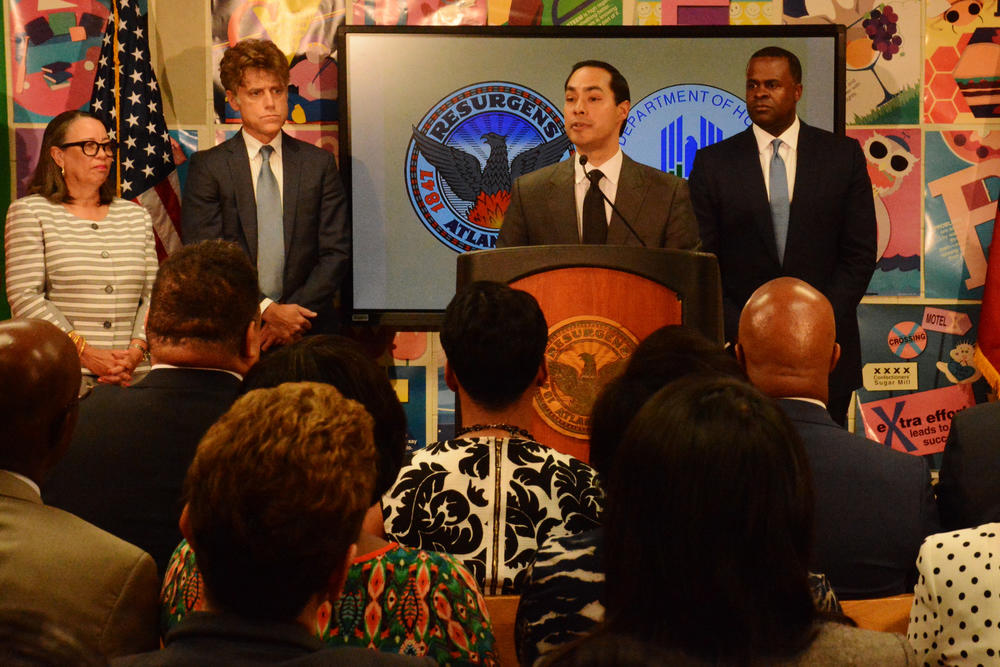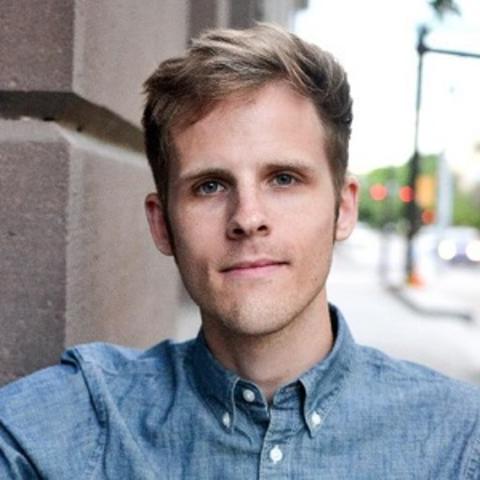Section Branding
Header Content
Westside Atlanta Neighborhoods Added To Federal Promise Zone Communities Program
Primary Content
The Obama Administration has added five westside Atlanta neighborhoods with high levels of poverty and unemployment to its Promise Zone Communities program aimed at boosting economic opportunity.
Ashview Heights, the Atlanta University Center, Castleberry Hill, English Avenue and Vine City, have been combined into what the Department of Housing and Urban Development calls the Westside Promise Zone.
Julián Castro, HUD Secretary, said Monday that he was hopeful the program would bring change to the area.
“This community is rich with history, and thanks to its HBCUs and the contributions of the Civil Rights movement, it not only has a proud history but a brilliant future,” Castro said at an event with Atlanta city officials in Ashview Heights.
Atlanta and the eight other communities added to the program Monday aren’t guaranteed any federal money. Instead, they’re given resources.
The neighborhoods will receive priority access to federal funding, an on-the-ground liaison to help the communities apply for federal investments, and five full-time AmeriCorps volunteers to help recruit and manage volunteers from the area.
Castro said that kind of support has helped the 13 other “promise zones” secure $550 million in federal funding since the program was launched in 2014.
In Atlanta, HUD hopes the program will help develop infrastructure, reduce crime, improve educational outcomes, create jobs, and increase access to affordable housing.
Even if the program brings those changes, creating a bright future for its communities won’t be an easy task. HUD says close to 50 percent of all area residents live below the poverty line and that almost 20 percent are unemployed.
Mayor Kasim Reed said he was hopeful the program would have an impact by helping direct resources to the Atlanta communities that need them most.
“I believe that if we move the needle in Vine City and English Avenue in the city of Atlanta, we can move the needle anywhere,” Reed said.
The eight other communities added to HUD’s program Monday included urban areas in Nashville, Tennessee and South Los Angeles, as well as rural and tribal communities across the U.S. and in Puerto Rico.


